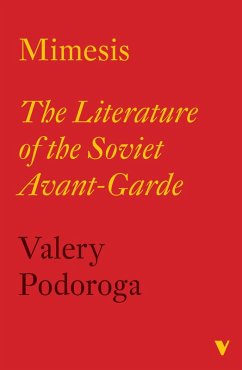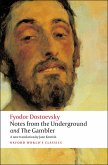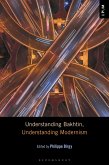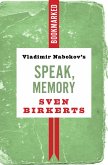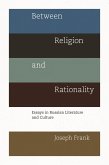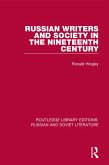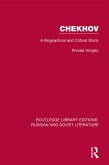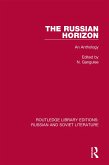The Russian Revolution was a literary as well as political upheaval. With a focus on the revolutionary works of Andrei Platonov and the futurist collective Oberiu, leading Russian literary thinker Valery Podoroga shows how profoundly the Soviet experiment overturned the traditional expectations of fiction and poetry. The production of this groundbreaking new work was inextricably interwoven with the political and historical debates of the time.
This volume expands on Podoroga's critical exploration of the analytic anthropology of literature. Here he delves into the ways literature can be used in 'world-building', both in terms of what happens inside the narrative and how it reflects the external world. He explores the function of the work outside of its time: both as a means to project itself into the future and as a document of a former age. How are we to read the past through these works of the imagination?
With an introductory essay from the author's daughter, Ioulia Podoroga.
This volume expands on Podoroga's critical exploration of the analytic anthropology of literature. Here he delves into the ways literature can be used in 'world-building', both in terms of what happens inside the narrative and how it reflects the external world. He explores the function of the work outside of its time: both as a means to project itself into the future and as a document of a former age. How are we to read the past through these works of the imagination?
With an introductory essay from the author's daughter, Ioulia Podoroga.
Dieser Download kann aus rechtlichen Gründen nur mit Rechnungsadresse in A, D ausgeliefert werden.

